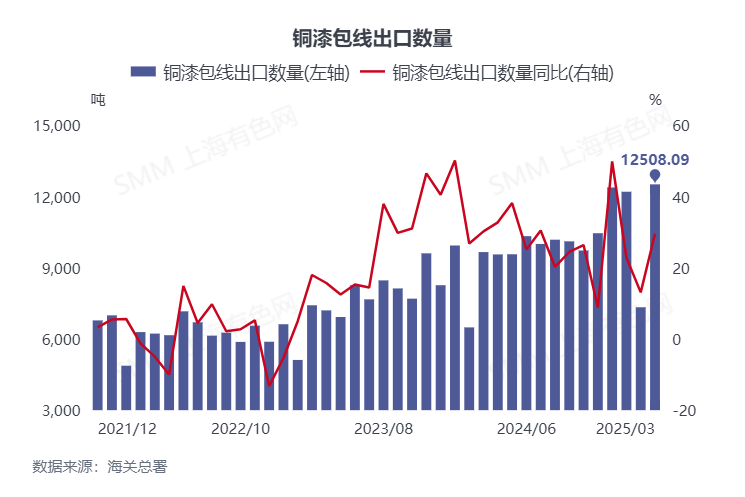For skiers and snowboarders, there are few places as famous as the Japanese ski resort of Niseko. Once a winter wonderland for Japanese tourists, Niseko has become increasingly dominated by international tourists ever since Australians started to arrive en masse in the early 2000s. Think Kuta, Bali, but instead of sand, up to 15 metres of exceptional snow falls each season "Many tourists from Australia came here, and they realised how valuable this powder snow was," said Norihiko Suzuki from the local tourism association.
"Thanks to them connecting this place to the rest of the world, Niseko is now very popular." The number of foreign visitors in 2023, the most recent statistics available, was 738,880. That's the highest since the count began, in 2006.

The influx has been a boon for tourism operators and the local council, which implemented a tourism tax in 2019. But it's caused significant economic pain for locals outside the tourism industry, especially renters and hopeful homebuyers, who have been priced out by wealthy foreigners. Niseko is famous for its distinctively soft, powdery snow that's known as "Japow".
Since 2017, land prices in residential areas — outside the main ski resort — have almost tripled. The number one concern among locals is the rising cost of rent and land, according to a local government survey. It's a problem hurting local mother Natsuki Sato, who has had to accept buying or building a home in the town has become an impossible dream.
"I've already given up," she said. "I'm very disappointed." Natsuki Sato said she has given up on her dream of building or buying a home in Niseko.
Property boom spreads from Niseko Japan's unique geographic location, especially the northern island of Hokkaido, is famed for delivering its soft, powdery snow. Cold winds from Siberia pick up moisture in the Sea of Japan, before colliding with the cold mountains of Hokkaido, leading to generous dumpings of the white stuff. It's so distinctive it even has a name: "Japow".
"The powder here is always the best," said Australian snowboarder Mat Thomas. People like these Australian friends travel from around the world to experience Niseko's special snow. "Once word gets around Niseko's pumping, you see it all over the news, it just gets more popular," his friend Jackson Hey added.
Booking a hotel in the main resort of Niseko, Hirafu, has become competitive and increasingly expensive. So, more foreigners are looking at the town of Kutchan, just a short 15-minute drive away. The property price boom is moving from Niseko to surrounding towns like Kutchan.
And it's fuelling a property boom. While Australians were the first cohort of foreigners to move in, real estate agents have noticed buyers from across Asia, including Hong Kong, Singapore and even Vietnam, joining the fray. "It's gone up significantly," said real estate agent, Jun Wakiyama, from Real Estate Mountain Side.
"A property that used to be priced at 5 or 7 million yen ($53,000 — $74,000) would be priced at 14 or 15 million yen ($148,500 — $159,000) — or even 20 million yen ($212,000). The prices in Kutchan may not sound like much compared to the Australian housing market, but Japanese workers have suffered stagnant wages ever since a major economic crash in the 1990s. Local buying power has also greatly reduced due to a week yen.
Foreigners are starting to move into Kutchan. And, unlike Australia, the Japanese minimum wage differs depending on the region, meaning than their big city counterparts. "The salaries have not kept up with the rise of the market," said Mr Wakiyama.
"There's no way to change this trend now." Jun Wakiyama (right) said property prices have tripled. Land, rent affordability concerns Kutchan is going through a process of densification, with more land and homes converted into apartments.
In 2023, almost all property development applications were submitted by foreigners. But this boom in apartments is not alleviating the housing crisis, with most apartments going to foreigners or staff working in the tourism industry. Those outside the tourism industry miss out.
Foreigners are buying properties in Kutchan to use as holiday homes. "There is a pattern where foreigners want to buy holiday homes or condominiums," said Naoya Numata from the Kutchan council Tourism and Industry Division. "Another pattern is where companies set up by foreigners rent or build buildings to house their employees.
" A recent government survey of 730 respondents found land and rent affordability was the number one concern. The second concern was health accessibility, while traffic came in third. "Even at town council meetings, a lot of people saying that they really want something done to solve the housing difficulties," said Naoya Numata.
"They really want to live in this town, but it's hard for them to do so." The council and local tourism body are trying to ease cost of living concerns, with discounts provided to locals to use the ski resort and eat at various restaurants. The winter tourism boom in Niseko kicked off in the early 2000s.
Managing traffic is also a top priority. How does Tokyo's property market compare to Australia's? Here are four unique lessons. "We can't stop prices from going up, so we changed our perspective to how we can maintain local livelihoods," said Norihiko Suzuki from the Kutchan Tourism Association.
"We are thinking of a project called Magical Dining, where the local residents can eat a full-course menu at a discount." But for local mum Natsuki Sato it won't solve her number one issue. "Originally, it was a place where we could have built a house or bought land," she said.
"But because of the rise in land prices, it has become too expensive..
Business

Tourists chasing Japan's special powder snow drive property prices too high for locals
International tourists, especially Australians, started to arrive en masse in the famous Japanese ski resort of Niseko in the early 2000s. Now the influx has pushed the cost of housing so high it's almost impossible for locals to compete with wealthy foreigners for property.















